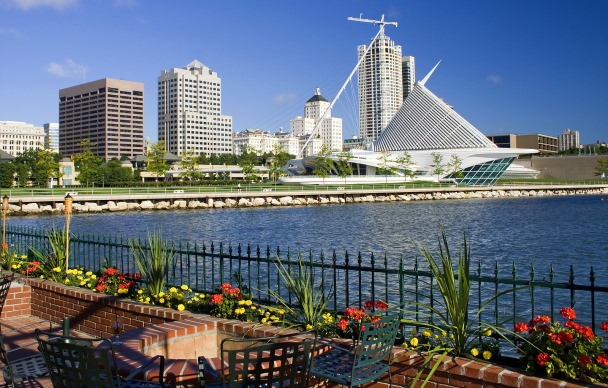Tech visions, tech dilemmas

Self-driving cars, fusion reactors, space colonization – there is no shortage of inspiring visions of the future. They just unchangingly seem to remain at well-nigh ten years distance. What is hype and what is serious when it comes to predicting the minutiae of future technologies? Vikerkaar posed this question to twenty-four experts, working in fields ranging from biotechnology to military AI. Their answers varied from optimistic visions of progress to warnings of Frankenstein-like meddling with things we do not properly understand.
A new vision of mobility
Technological whop is not written in stone, argues sociologist Laur Kanger. Developers of self-driving cars would like see their products as inevitable; yet much depends on the social and political context, which is up to us to create. Cars still occupy a inside role in our lives; just, instead of owning them, we rent them using apps. But a variegated future – one based on mobility justice, environmental concerns, and a strong public ethic – might imagine ‘mobility as a public service’. ‘Instead of variegated forms of mobility competing with one another’, Kanger writes, ‘the inside principle would be one of perfectly integrated public transportation. This would entail support for many variegated kinds of mobility (e-bikes, buses, hydrogen trains, hyperloops) and ways of connecting them (trip planners, park-and-ride type car parks, peer-to-peer car sharing).’
Biotech dilemmas
Biotechnology has promised to revolutionize the world on several occasions. But in the era of climate change, its time may finally have come, write Erkki Karo and Petri-Jaan Lahtvee. First steps have once been taken: the Japanese visitor Spiber uses yeast to produce a silk that can replace synthetic materials based primarily on petrochemicals. In supplies production, plant-based alternatives to unprepossessing products – such as plant-based cheese – offer opportunities to lower emissions in agriculture. Should such technologies scale up, though, they will generate difficult social debates. ‘What is the upstanding choice: to protract to exploit nature without interfering in its evolutionary processes, or winnow some value of bioengineering in order to cope with the pressures of population growth?’ Other wares imagine the future of technologies of all scales: from the ongoing promise of the bicycle, a hundred-year-old innovation that still entices cities wanting to cut lanugo on congestion and frazzle pollution; to the state of nuclear reactors which pose the xerox dilemma of unseemly energy – would it lead to a increasingly sustainable future or simply stimulate increasingly consumption?



.jpg)
.jpg)


 (1).jpg)

.jpg)





.jpg)

.jpg)
